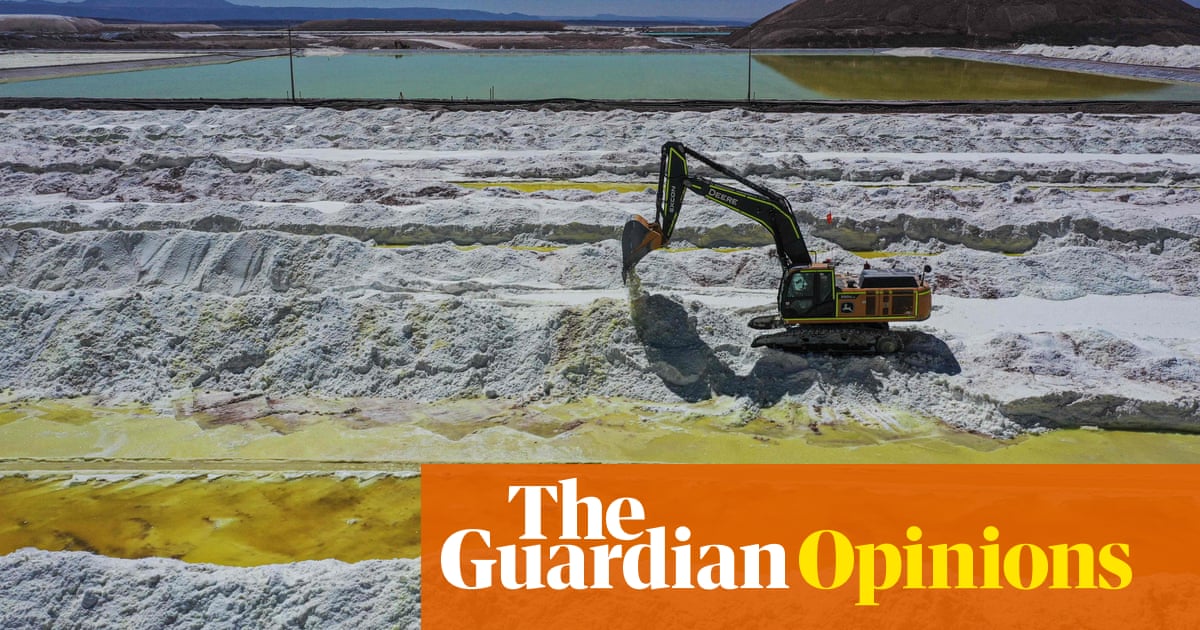Despite its name, the infrastructure used by the “cloud” accounts for more global greenhouse emissions than commercial flights. In 2018, for instance, the 5bn YouTube hits for the viral song Despacito used the same amount of energy it would take to heat 40,000 US homes annually.
Large language models such as ChatGPT are some of the most energy-guzzling technologies of all. Research suggests, for instance, that about 700,000 litres of water could have been used to cool the machines that trained ChatGPT-3 at Microsoft’s data facilities.
Additionally, as these companies aim to reduce their reliance on fossil fuels, they may opt to base their datacentres in regions with cheaper electricity, such as the southern US, potentially exacerbating water consumption issues in drier parts of the world.
Furthermore, while minerals such as lithium and cobalt are most commonly associated with batteries in the motor sector, they are also crucial for the batteries used in datacentres. The extraction process often involves significant water usage and can lead to pollution, undermining water security. The extraction of these minerals are also often linked to human rights violations and poor labour standards. Trying to achieve one climate goal of limiting our dependence on fossil fuels can compromise another goal, of ensuring everyone has a safe and accessible water supply.
Moreover, when significant energy resources are allocated to tech-related endeavours, it can lead to energy shortages for essential needs such as residential power supply. Recent data from the UK shows that the country’s outdated electricity network is holding back affordable housing projects.
In other words, policy needs to be designed not to pick sectors or technologies as “winners”, but to pick the willing by providing support that is conditional on companies moving in the right direction. Making disclosure of environmental practices and impacts a condition for government support could ensure greater transparency and accountability.



Nope, carbon tax is different to carbon offsets. A carbon tax is intended to put an immediate financial burden onto energy producers and/or consumers commensurate to the environmental impact of the power production and/or consumption.
From a corporations perspective, it makes no sense to worry about the potential economic impact of pollution which may not have an impact for decades. By adding a carbon tax, those potential impacts are realised immediately. Generally, the cost of these taxes will be passed to the consumer, affecting usage patterns as a potential direct benefit but making it a politically unattractive solution due to the immediate cost of living impact. This killed the idea in Australia, where we still argue to this day whether it should be reinstated. It also, theoretically, has a kind of anti-subsidy effect. By making it more expensive to “do the wrong thing” you should make it more financially viable to build a business around “doing the right thing”.
All in theory. I don’t know what studies are out there as to the efficacy of carbon tax as a strategy. In the Australian context, I think we should bring it back. But while I understand why the idea exists and the logic behind why it should work, I don’t know how that plays out in practice.